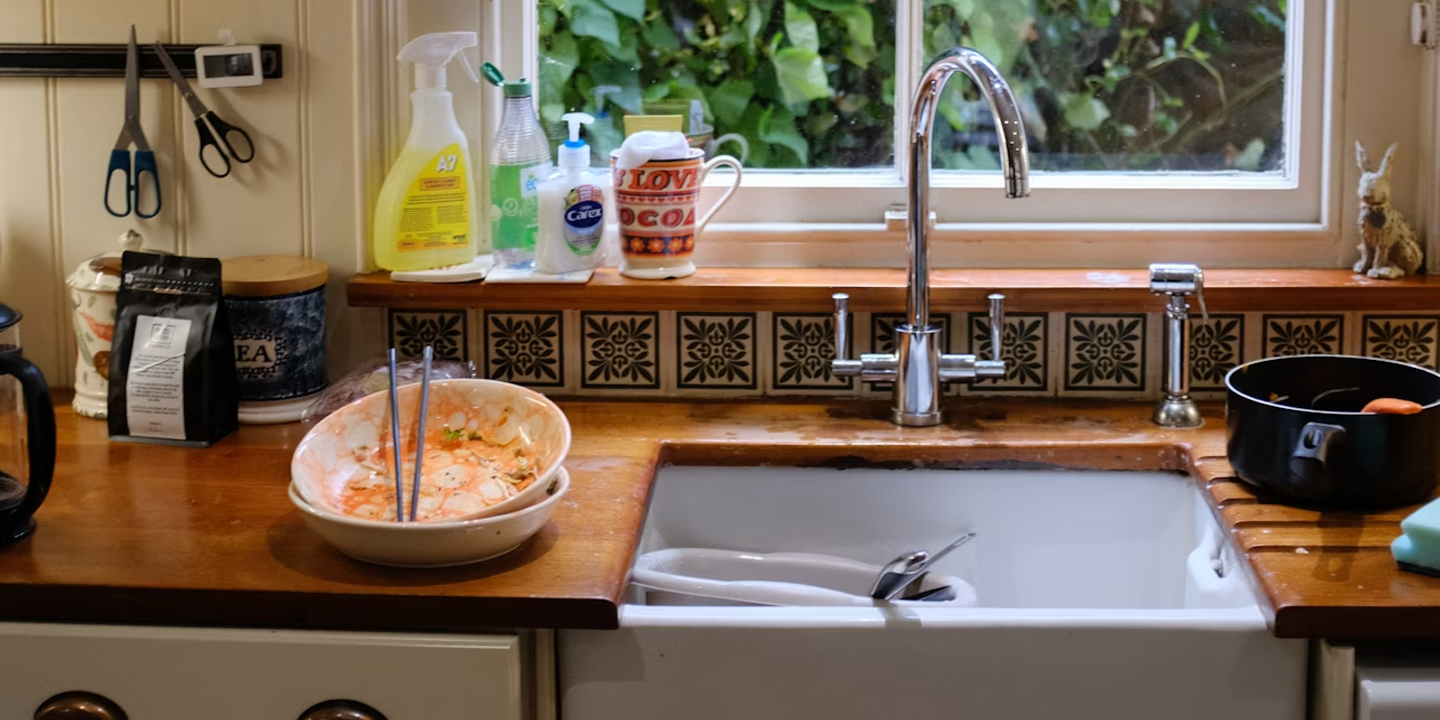Protect Your Personal Space
The path to success for any healthy relationship is to set healthy boundaries. This approach can protect your personal space, the privacy of your devices, and foster mutual respect. Here are 20 healthy boundaries to set in your relationship.
1. Respecting Personal Space
We all need our personal space, and our partners need to respect that. Setting this boundary lets us recharge our batteries, reflect on our lives, and pursue our passions guilt-free.
2. Privacy of Personal Devices
Early on in a relationship, it's essential to establish clear boundaries for your phone use, texting, email, and social media accounts. This will maintain trust and respect and ensure that no one crosses a line.
3. Mutual Respect During Conflicts
Every couple fights, but if you establish boundaries, you can avoid name-calling, yelling, and dredging up past mistakes. A boundary for respectful arguing is essential.
4. Emotional Independence
Many couples rely on each other emotionally, so it's important to set up a boundary for emotional independence. This means that each partner is responsible for their own happiness, rather than putting pressure on the other to supply it or fix their problems.
5. Friendships
You'll be miserable if you can't maintain friendships outside of your relationship. It's a huge red flag if your partner can't respect your friendships or gets jealous every time you meet a friend for coffee.
 Priscilla Du Preez 🇨🇦 on Unsplash
Priscilla Du Preez 🇨🇦 on Unsplash
6. Family Involvement
You need to communicate how involved you want your partner's family to be. Otherwise, you can't complain when they pop in without notice, or comment on your parenting. Boundaries around family involvement will define and even limit how much influence your relatives will have in your relationship.
7. Financial Transparency
Couples that hide secrets about their finances are in for a rude awakening at some point. Money is the main source of many conflicts, so setting concrete financial boundaries, like budgeting, shared expenses, or keeping a joint account, will prevent resentment or arguments from happening.
8. Respecting Career Goals
Boundaries around our careers are very important. They allow us the freedom to pursue professional advancement or new careers without feeling like we're making our relationship a lower priority. Each partner should feel comfortable pursuing their ambitions.
9. Social Media Pressure
Every couple should decide how much of their relationship and personal lives they want to share on social media. Boundaries should be set to prevent oversharing and to negate any misunderstandings.
10. Equal Division of Household Duties
It's inevitable that resentment will form when one partner performs most of the household chores. A good boundary to set is to equally divide all domestic duties, including grocery shopping, cleaning, and performing repairs.
11. Respect for Personal Beliefs
Partner's don't always align on the same beliefs or adhere to the same faith or value system. Respect for personal beliefs ensures relationship harmony, and remember, it's okay to agree to disagree.
12. Prioritizing Self-Care
Each partner should set a boundary for their self-care, so that it is not interfered with. This boundary should support your physical and mental health, such as your quiet time, exercise, or therapy.
 Antoni Shkraba Studio on Pexels
Antoni Shkraba Studio on Pexels
12. Define Expectations
A good boundary to set is to agree on whether you're dating casually or exclusively, and what label to assign to your relationship. The goal of this boundary is to prevent confusion and ensure your expectations are aligned to avoid any hurt feelings.
13. Free Time
Even when you're in a relationship, you're free time should belong to you. You need to openly communicate to your partner that you want your free time to be respected. This could mean time to yourself, going to the movies with friends, or maybe it's catching up on some emails at night. Regardless of the activity, safeguard your free time.
14. Public Displays of Affection
It can be cute and fun to be affectionate in public, but both partners need to have the same comfort level. Setting boundaries around public displays of affection will prevent a partner from feeling neglected or embarrassed in front of others. This boundary is a good way to build understanding and also find new approaches to expressing love.
15. Honesty
It's wise to establish honesty as a non-negotiable boundary from the start of a relationship. This promotes emotional safety and helps build trust early.
16. Expectations of Availability
Your life is busy. You have your professional goals, your friendships, your family, and all your interests. You should set a boundary with your partner about how available you are. Now, you want to make time for your relationship, but that doesn't mean it should be all-consuming.
17. Handling of Big Decisions
Every couple will face major decisions in their lives and relationships. A boundary about how to handle major decisions will see you and your partner navigate these situations in a way that won't result in conflict and arguments.
18. Sleeping
You have a sleep routine, and it's hard to adjust it for another person. The good news is that you don't have to if you set a boundary around sleep. This boundary will tell your partner when you like to go to sleep, what time you usually wake up, and how you sleep most comfortably.
19. Parenting or Future Parenting
Boundaries around parenting are one of the most important, even before you have children. If you think your relationship is heading toward parenthood, then have a conversation about your preferred parenting style to make sure you're on the same page as your partner.
20. Breaking Up
No one wants to think about a relationship ending, but if you're heading down that road, then it's a worthwhile conversation to have. Boundaries for breaking up should establish the division of shared items, communication post-break-up, and anything else that might be weighing on you.



























